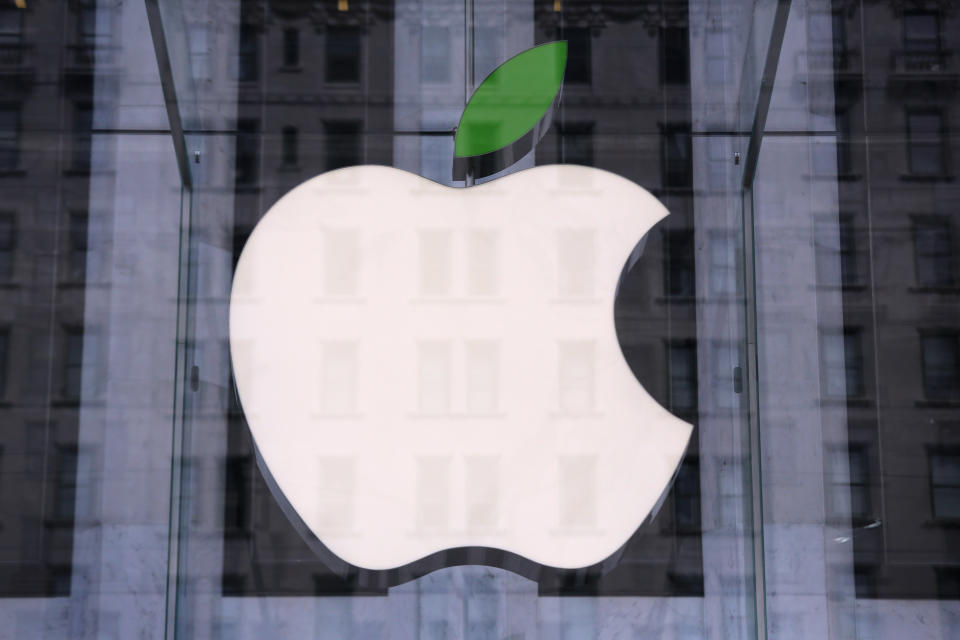Judge Lucy Koh rejects proposed settlement stemming from Apple's anti-poaching class action lawsuit

Judge Lucy Koh today rejected a proposed settlement agreement that Apple and a number of other prominent high-tech companies entered into as a result of a class-action suit stemming from anti-poaching agreements entered into during the mid-2000s.
Under terms of the initial settlement agreement, Apple, along with Adobe, Google, and Intel, agreed to collectively fork over approximately $324 million to members of the class. In a ruling on the matter issued earlier today, Koh argues that the proposed figure is far too low.
Koh's ruling, which MacRumors uploaded here, reads in part:
The Court finds the total settlement amount falls below the range of reasonableness. The Court is concerned that Class members recover less on a proportional basis from the instant settlement with the Remaining Defendants than from the Settled Defendants a year ago, despite the fact that the case has progressed consistently in the Class's favor since then. Counsel's sole explanation for this reduced figure is that there are weaknesses in Plaintiff's case such that the Class faces a substantial risk of non-recovery. However, that risk existed and was even greater when Plaintiffs settled with the Settled Defendants a year ago, when class certification had been denied.
While $324 million certainly sounds like a lot, once lawyers get their cut, administrative fees are taken care of, and the remaining pot is divided up amongst the plaintiffs, each member of the class would only be eligible to receive $3,573.
With plaintiffs initially seeking $3 billion, Koh indicated about six weeks ago that she wasn't sure the proposed settlement was "fair to the class." With her recent ruling now in the books, Koh articulates that "the remaining defendants should, at a minimum, pay their fair share as compared to the settled defendants..."

